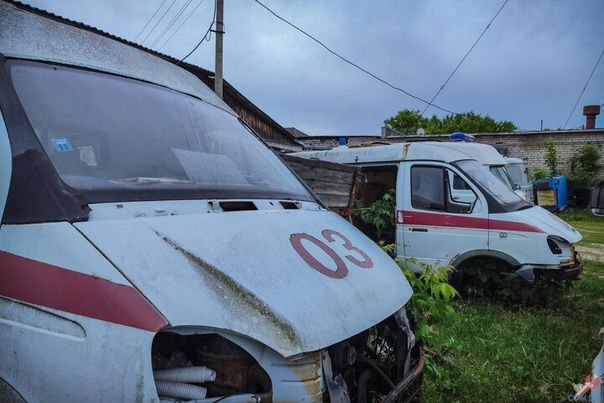Russia Faces Collapse of Affordable Healthcare – Ukrainian Intelligence

Russia’s healthcare system is bracing for an even deeper personnel crisis as new legislation, set to take effect on January 1, 2026, tightens accreditation requirements for medical graduates and introduces steep financial penalties for those who break their service contracts, The Gaze reports.
According to Ukraine’s Intelligence, the changes — ostensibly aimed at “improving the quality of medical education” — are already discouraging students from enrolling in state-funded programs that require mandatory work in rural hospitals.
The revised law imposes a fine triple the cost of education for those who fail to fulfill these obligations, fueling growing discontent among medical students. Many are opting out of government-sponsored education altogether to avoid being tied to underfunded provincial healthcare facilities.
This unwillingness to work in remote or underserved areas is already having devastating consequences for average Russians. In Veliky Novgorod, emergency medical services are critically understaffed.
Instead of the required 25 ambulance crews for a population of over 220,000, only 7 to 11 are available per shift. Doctors cite low salaries and are increasingly leaving the profession.
In Yoshkar-Ola, just 4 out of 29 scheduled ambulance teams are fully staffed. Salaries for ambulance drivers have dropped 16% in the past two years and now trail city trolleybus drivers’ wages by 50%.
As of 2025, Russia is short 23,300 doctors and 63,500 mid-level medical personnel, with shortages in some rural regions reaching 50%. To meet projected demand by 2030, the country needs to recruit nearly half a million medical professionals with specialized or higher education.
Despite this dire outlook, Russian medical universities have raised tuition fees for core medical programs by 30–35%, making medical education even less accessible for the average citizen — and pushing affordable healthcare further out of reach.
Read more on The Gaze: Why is Russia no Longer a Superpower?